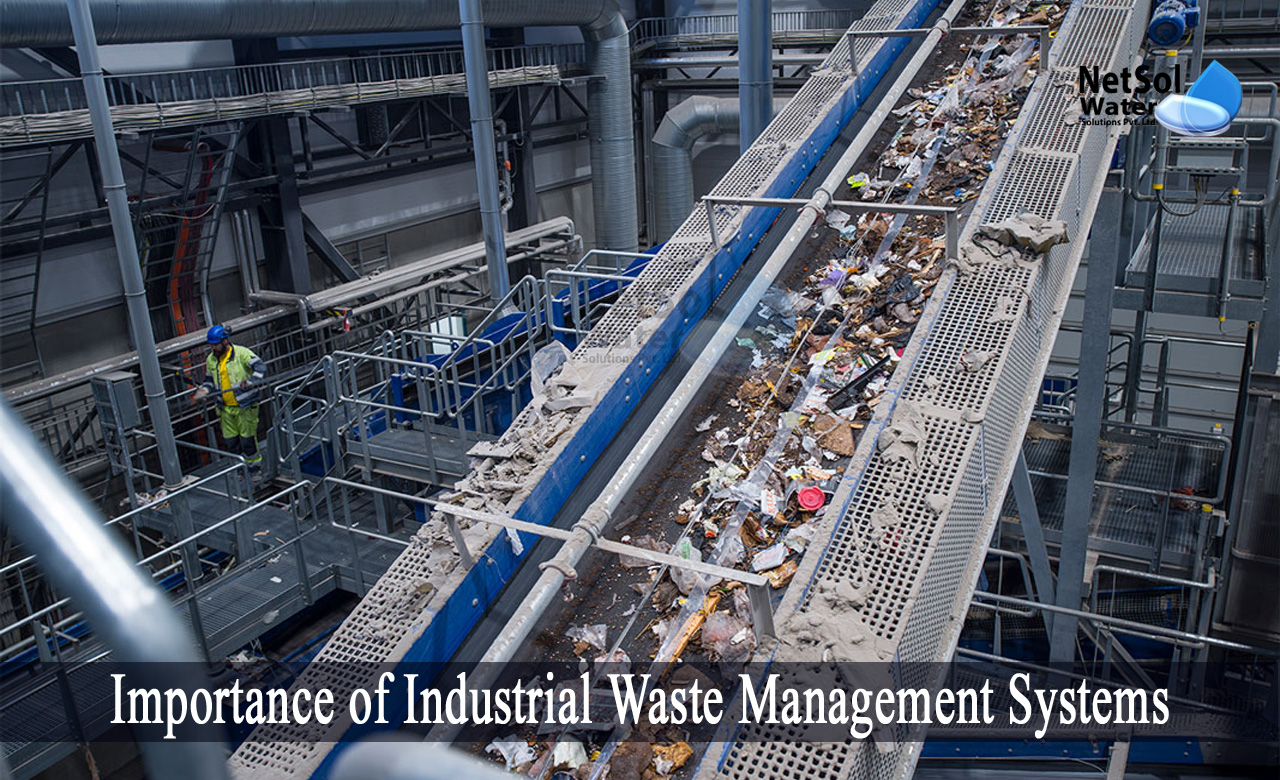Reclaim Waste - The Facts
Reclaim Waste - The Facts
Blog Article
Top Guidelines Of Reclaim Waste
Table of ContentsThe Main Principles Of Reclaim Waste The Basic Principles Of Reclaim Waste 7 Easy Facts About Reclaim Waste ShownThe Buzz on Reclaim WasteThe Buzz on Reclaim Waste
Residential sewage waste refers to the waste and items from a residential septic storage tank. The proper administration and disposal of residential sewage waste call for liquid waste to be transferred to a sewer treatment plant where the appropriate approaches and equipment are applied to detoxify and dispose of waste.
Commercial waste usually includes prospective threats, such as flammable products or a combination of liquid and solid waste items, and calls for an extra sophisticated and in-depth disposal process. The disposal of commercial waste commonly involves the filtering of waste before transport to ensure risk-free and correct disposal. Industrial waste is created from by-products and overflow of commercial procedures and manufacturing.
This kind of waste can not utilize the exact same sewer monitoring transport or procedures as septic or commercial liquids. The hazardous waste management process requires the assessment and screening of fluid waste prior to it goes through the disposal procedure (liquid waste removal). Drainage waste is the fluid waste that comes from overflow and excess stormwater in highly populated areas or cities
Runoff waste can cause contamination and flooding if not handled correctly. Guaranteeing appropriate waste monitoring can avoid disasters and reduce ecological damage.
Reclaim Waste - The Facts
Contact PROS Solutions today to learn more about our waste management and disposal services and the correct ways to take care of the fluid waste you produce.
(https://reclaimwaste1.carrd.co/)Do you recognize what occurs to your water when you pull the plug, purge the toilet or drain pipes the washing equipment? No? Well, it's worth recognizing. This so-called 'wastewater' is not just an essential source yet, after treatment, will certainly be released to our land, rivers or the sea. Utilized water from toilets, showers, baths, kitchen sinks, laundries and commercial processes is recognized as wastewater.

water made use of to cool equipment or clean plant and tools). Stormwater, a type of wastewater, is runoff that streams from agricultural and metropolitan areas such as roof coverings, parks, gardens, roadways, paths and seamless gutters right into stormwater drains, after rain. Stormwater streams untreated directly to neighborhood creeks or rivers, at some point reaching the ocean.
A Biased View of Reclaim Waste
In Queensland, the majority of wastewater is treated at sewer treatment plants. Wastewater is delivered from residential or commercial websites with a system of drains and pump stations, understood as sewerage reticulation, to a sewage treatment plant. City governments build, maintain and run most sewage therapy plants. Operators are accredited under the Environmental Management Act 1994 to release cured wastewater at an acceptable environmental standard into rivers.
The Division of Natural Resources recommends local governments concerning handling, operating and preserving sewage systems and therapy plants. In unsewered areas, city governments might need householders to install specific or family sewage therapy systems to treat domestic wastewater from commodes, kitchen areas, shower rooms and laundries. The Division of Natural Resources authorises making use of family systems when they are shown to be effective.
Most stormwater obtains no treatment. In some new communities, therapy of some stormwater to remove litter, sand and crushed rock has started using gross toxin traps. Wastewater therapy happens in four stages: Removes solid issue. Larger solids, such as plastics and other things wrongly discharged to sewers, are gotten rid of when wastewater is travelled through screens.
Utilizes little living organisms knows as micro-organisms to damage down and remove staying liquified wastes and great fragments. Micro-organisms and wastes are incorporated in the sludge.
The Single Strategy To Use For Reclaim Waste
Nutrient removal is not offered in any way sewage treatment plants since it needs costly specialist equipment. It is ending up being a lot more typical in Queensland. Clear liquid effluent produced after therapy might still consist of disease-causing micro-organisms. If this effluent is released into rivers such as rivers or the sea, the micro-organisms will at some point pass away out.

A lot of wastewater moves right into the sewage system. Under the Act, local federal governments administer authorizations and licences for environmentally pertinent activities (Ages) entailing wastewater launches that could have a neighborhood effect.
Not known Details About Reclaim Waste
Or else, samples are taken for laboratory analysis. Usually many tests are needed to develop the levels of each of the different contaminants such as oils, hefty steels and chemicals in water. Monitoring provides factual info about water high quality and can confirm that permit conditions are being met. The information acquired through monitoring offers the basis for making water high quality decisions.
Report this page